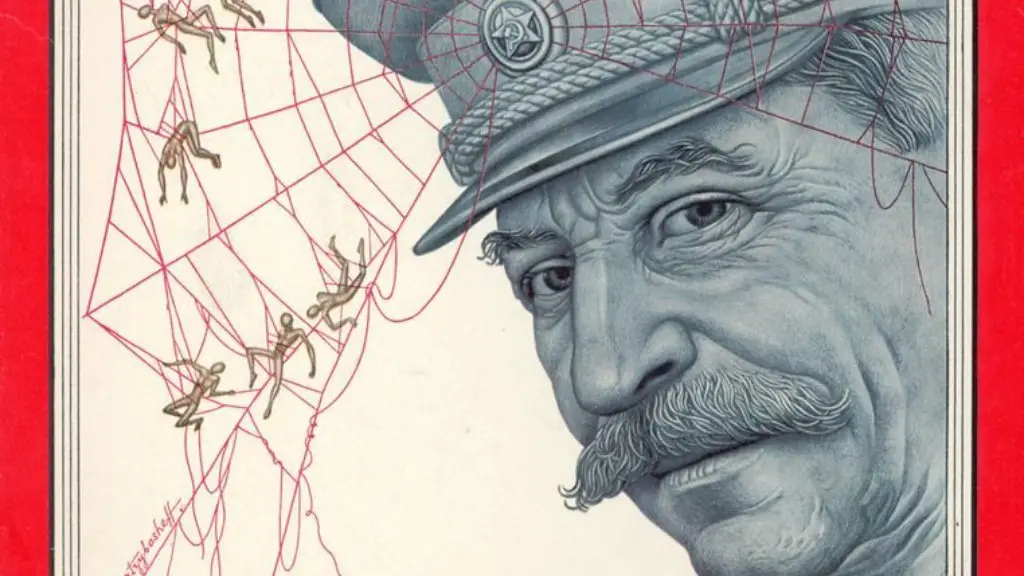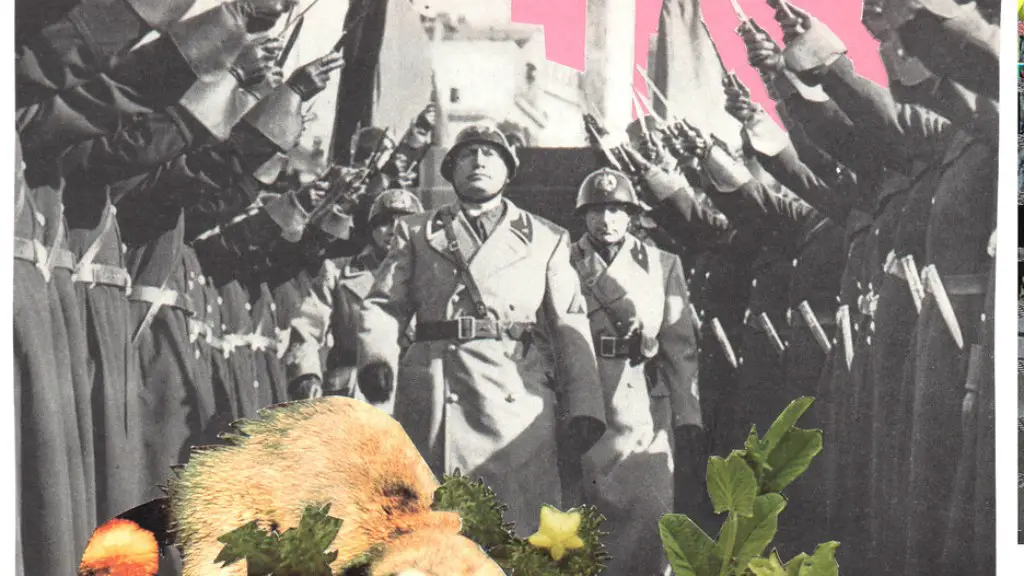Early Days of Gaddafi and His Rise To Power
Muammar Gaddafi was born in Sirte, Libya in 1942 to a Bedouin tribal family, under the name of Muammar Mohammed Abu Minyar al-Gaddafi. Gaddafi was trained in the Libyan military academy, after which he continued to study military and law in the United Kingdom and United States. Upon his return from abroad, Gaddafi joined the Free Officers, a revolutionary group within the Libyan army. After a few successful military campaigns in Libya, the Free Officers were able to overthrow the ruling monarch in 1969, with Gaddafi eventually assuming the position of Prime Minister in 1970 and Leader of the Revolutionary Command Council.
Gaddafi’s Early Policies Affecting Libya
During his appointment as the leader of Libya, Gaddafi created the revolutionary ideal of having a minimalistic government, aiming to make Libya a “people’s democracy” through its original governing structure – the Jamahiriya. Gaddafi’s government reforms focused on centralizing wealth and resources, providing free education and healthcare for all citizens, upholding religious values, and controlling business proprietors. This successful domestic agenda boosted Gaddafi’s recognition amongst the Libyan people, with more and more citizens supporting his revolutionary policies.
Gaddafi’s Relationships With Foreign Countries
In addition to his domestic initiatives, Gaddafi was also the architect of Libyan foreign policy. Gaddafi had a strong diplomatic strategy and presence in the international arena, often advocating for Arab unity and anti-Western sentiment through the Organization of Petroleum Exporting Countries (OPEC) and the establishment of Arab-African countries. Under Gaddafi’s leadership, Libya’s economic ties to Europe and US drastically increased and a number of positive relationships between Libya and other Middle Eastern countries strengthened.
Gaddafi’s Closeness to Communism
Gaddafi had a close relationship to Marxist leftist ideology and principles. Despite his relationship with the United States and Europe, Gaddafi’s shift to a more socialist-communist-style government in the 1970s led to the nationalization of private enterprises. This included the wide-scale withdrawals of investments and the imprisonment of those against the regime. These totalitarian practices caused international outcry and economic deterioration in Libya.
Excesses of Power
Despite being a leader of the people, Gaddafi was often accused of repressive tactics and excesses of power throughout his regime. Thousands of dissenters were incarcerated and tortured, particularly in the 1990s after the attempted assassination of Gaddafi and the failed 1990-1991 Libyan coup d’état. During this period, Gaddafi was also heavily criticized for his human rights abuses, violate censorship laws and active involvement in the ‘Lockerbie’ bombings of 1988.
Resistance To Gaddafi
Due to the authoritarian nature of Gaddafi’s rule, a number of opposition groups, including the Islamic Foundation and the Libyan National Alliance, rose to challenge his authority. These groups furthered their legacies with Gaddafi-orchestrated coups in 1973, 1976 and 1990 and numerous terrorist attacks, resulting in Gaddafi’s increased militarization and tightening of civil liberties.
Gaddafi’s Ouster From Power
Due to the Arab Spring and growing domestic pressures in Libya, Gaddafi was eventually overthrown from power in 2011. Protests escalated into a full-scale insurgency, with the International Criminal Court indicting Gaddafi in June 2011 for war crimes. Gaddafi was publicly killed in October of the same year and his regime overthrown by armed revolutionary forces, leading to the reinstatement of democracy and the election of a democratically elected government in 2012.
Impact Of Gaddafi’s Rule on Libyans
Gaddafi’s rule had a lasting impact on Libyans, both positive and negative. His seizure and consolidation of power, coupled with his construction of a one-party state, forever altered the Libyan landscape and presented Libyans with numerous economic, political, and social issues which they still grapple with today.
Sources Of Gaddafi’s Funding
Throughout his rule, Gaddafi had numerous sources of funding and supplies to maintain his regime. Libya was able to rely on its own resources through oil production, the sale of weapons and military equipment, and foreign investment. Arab and Western countries provided billions of dollars in loans to Gaddafi’s regime. U.S.-based companies were able to supply Gaddafi with military parts and aircrafts, as well as finance his personal projects.
Gaddafi’s Legacy
Gaddafi’s legacy remains a contentious topic in Libya and the Middle East region. Despite his oppressive and authoritarian rule, Gaddafi often invested into the development of his country and was a firm believer in the Pan-Arab nation. A statue of Gaddafi still stands today in Libya, often discussed as a symbol of the regime and its effects on the country.
Role Of Islamic Groups During Gaddafi’s Reign
The position of Islamic groups during Gaddafi’s regime was complex. Islamic groups admired Gaddafi’s Pan-Arabism and managed to benefit from his promise of a united Arab nation in the 1970s. However, during the 1980s and 1990s, Gaddafi’s regime increasingly imposed authoritarian laws, particularly those related to Islamic practices such as polygamy. This tension reached its peak in the mid-1990s, when Libyan Islamic Fighting Group (LIFG), an Islamist radical group, was formed with its vocal opposition against Gaddafi’s rule.
Expansion of Gaddafi’s Army
Gaddafi’s army also underwent tremendous changes under his rule. He wanted to maintain a large, well-organized and well-equipped military to protect Libyan sovereign interests and secure Libya’s oil fields. Gaddafi established several powerful military units and expanded the size of the Libyan military during his reign, creating a well-trained and heavily-armed force that was equipped to combat anything deemed as a threat to the Libyan people and its government.
Gaddafi’s Connection to Terrorist Groups
Gaddafi was also connected to numerous terrorist groups throughout his rule, particularly during the 1980s and 1990s. Gaddafi provided financial support to groups such as the Hamas and Hezbollah and even directed Libya’s involvement in several terror campaigns. Despite his public condemnation of terrorism, his support of extremist organizations, particularly those with an anti-Western agenda, garnered international criticism.
Gaddafi’s Policies and His Oil Resources
Gaddafi’s policies also heavily influenced Libya’s relationship with the international community, with oil playing a large role in this relationship. Gaddafi used oil as a tool to negotiate with foreign powers in an attempt to get better deals and more concessions from other countries. To this end, Gaddafi imposed controls on the production and distribution of oil, preventing foreign companies from completely controlling the market. The result was a more independent Libyan state that was not fully reliant on foreign resources and actors.


